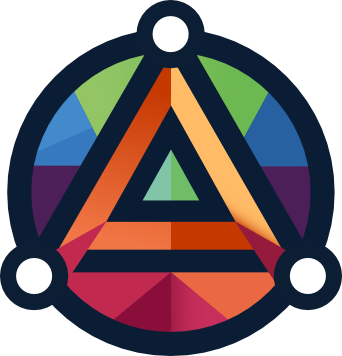Metadata Search

THIS FEATURE IS STILL IN BETA. PLEASE REPORT ALL ISSUES TO contact@collabanthnetwork.org
Academic journals and research repositories are an integral part of the ecosystem of anthropological scholarship and human knowledge more broadly. Rather than being one more place to upload your research in contention with copyright and publishing standards, we have developed a solution using CrossRef's Metadata Retrieval API that will allow for searching and integrating research metadata that links back to their originating sources - in full compliance with publishing and academic standards.
This search feature follows CrossRef's recommended best practices. For instance, we have implemented logic to call the API anonymously when a user is logged-out, but we provide the email of logged-in users in order to make "polite" calls to the API. Accessing the API "politely" provides the benefit of an increased level of reliability and predictability, but users who wish to search anonymously can log out before performing a search. However, we reserve the right to restrict the Research Finder feature from logged-out users if it is causing disruptions to CrossRef's public services. Metadata Plus may be made available to registered users in the future for even higher priority and reliability.
We have also built in assurances against needlessly complex and inefficient requests. For instance, the query.bibliographic parameter is recommended when searching for a reference match. Therefore, the form fields displayed by default such as the title, author, and publication date are used to construct the call using query.bibliographic. You can select the "Expanded Search" check box to display additional form fields. If you are looking up a reference, you can fill out as many of the form fields that are displayed by default as that will only use a single query.bibliographic parameter, but all the expanded search fields each use their own specific parameters. CrossRef advises against calling the API with more than 4 parameters in order to avoid resource-intensive queries that are likely to result in a time-out or many false-positives.
Tip: The "Subject Area" field uses the open-ended query parameter. If you cannot locate the resource you are looking for using the default fields, or you would like to perform a broad search, try using the "Subject Area" field instead.
Note: The results and quality of data also depend on the data that was deposited when the resource was deposited with CrossRef. If you see errors or holes in the returned result items, please contact the publishing organization! If you are an organization that wants to be included in CrossRef's metadata records, you can find information on how to do so here.
We stand by our belief that there is a need and a potential for an integrated model that preserves the scholarly standards that researchers and institutions have come to expect, while also innovating outside of entrenched scholarly models to allow for greater collaboration, networking, and evolution of the field. The goal of the Collaborative Anthropology Network is not to replace journals or repositories, but to serve a unique role in facilitating research-related networking and collaborative activities while greatly enabling the dissemination of research to a wider audience – a social platform for collaborative research.
STAY TUNED FOR MORE CROSSREF INTEGRATIONS ACROSS THE COMMUNITY!

